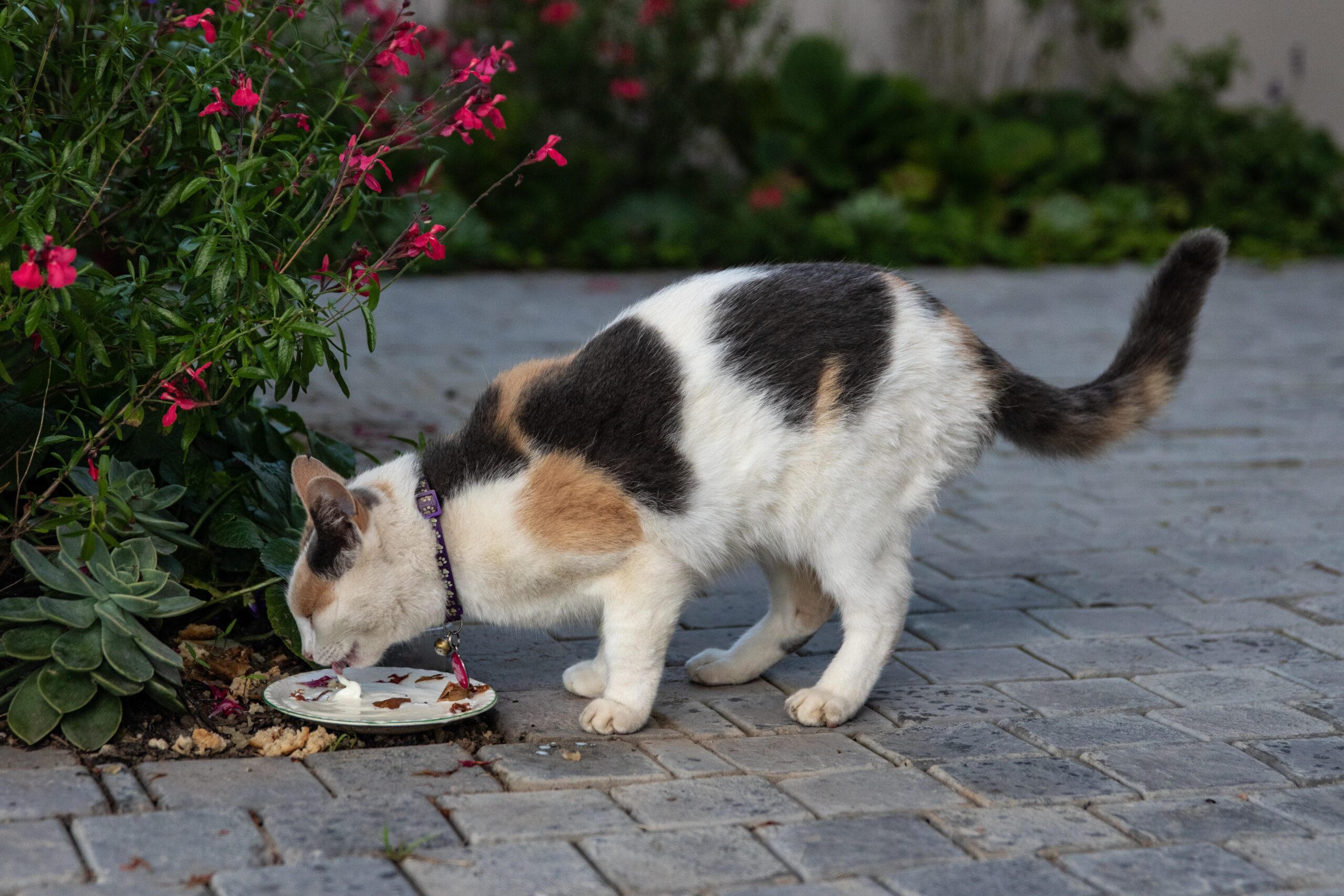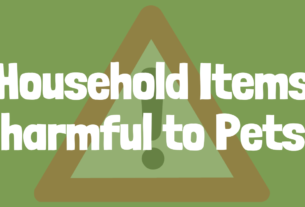In this article, we will look at the possible why your cat is not eating and what you can do about it.
Hey there, fellow cat lovers! We all know how our feline friends can be a bit choosy when it comes to food. But when your beloved kitty suddenly snubs their meals, it can be a real head-scratcher. Don’t worry; we’re here to guide you through the common reasons your cat might be turning up their nose at dinner and what you can do to help them.
Possible Reasons Why Your Cat is Not Eating
- Feeling Under the Weather Our cats can be real troopers when it comes to hiding discomfort, but a sudden loss of appetite can be a clue that something’s amiss. Health issues like dental problems, infections, tummy troubles, or kidney disease can put a damper on their appetite. If your cat’s acting off or not eating, don’t hesitate to call your vet ASAP.
- Stress and Anxiety Cats thrive on routine, and any changes in their environment or daily life can stress them out. Moving to a new place, introducing a new pet, or even a messy litter box can lead to mealtime strikes.
- Picky Eaters Just like us, cats have preferences. If you recently switched their food, they might not be too thrilled about the change. Plus, if they’ve been munching on the same old kibble for ages, they might be a tad bored.
- Dental Dilemmas Dental issues like gum problems or broken teeth can turn eating into a painful experience for your kitty. Keep an eye out for signs like bad breath, drooling, or pawing at their mouth.
- Aging Changes Our older feline friends might have a reduced appetite due to age-related metabolic shifts. Make sure they’re getting the right diet tailored for seniors to keep them in top shape.
What to Do
- Vet Check If your cat has boycotted food for more than 24 hours, it’s vet o’clock! Quick action is vital. Your vet will do a checkup, run some tests, and recommend the best course of action.
- Tempting Treats To coax your finicky friend back to the food bowl, try offering different options like wet and dry food, along with some tasty treats. Warming the food slightly can also make it more appealing to their feline senses.
- Zen Zone Create a peaceful space for your cat. Minimize disturbances and keep their litter box clean and comfy. A serene dining area can make a big difference.
- Watch and Wait to Keep an eye on their habits – litter box visits, water intake, and overall activity. Any changes should be on your radar and reported to the vet.
- Medication Management If your vet prescribes meds or a special diet, stick to the plan. Medications can tackle underlying health issues, and a specialized diet may be necessary for specific conditions.
Conclusion
When your cat turns up their nose at mealtime, it’s concerning, but fret not! By acting swiftly, consulting your vet, and making a few tweaks to their dining setup, you can help your furry friend get back on track. Remember, early diagnosis and treatment are the keys to a happy and healthy kitty. So, keep the chin up, and enjoy many more delightful moments with your feline companion!




